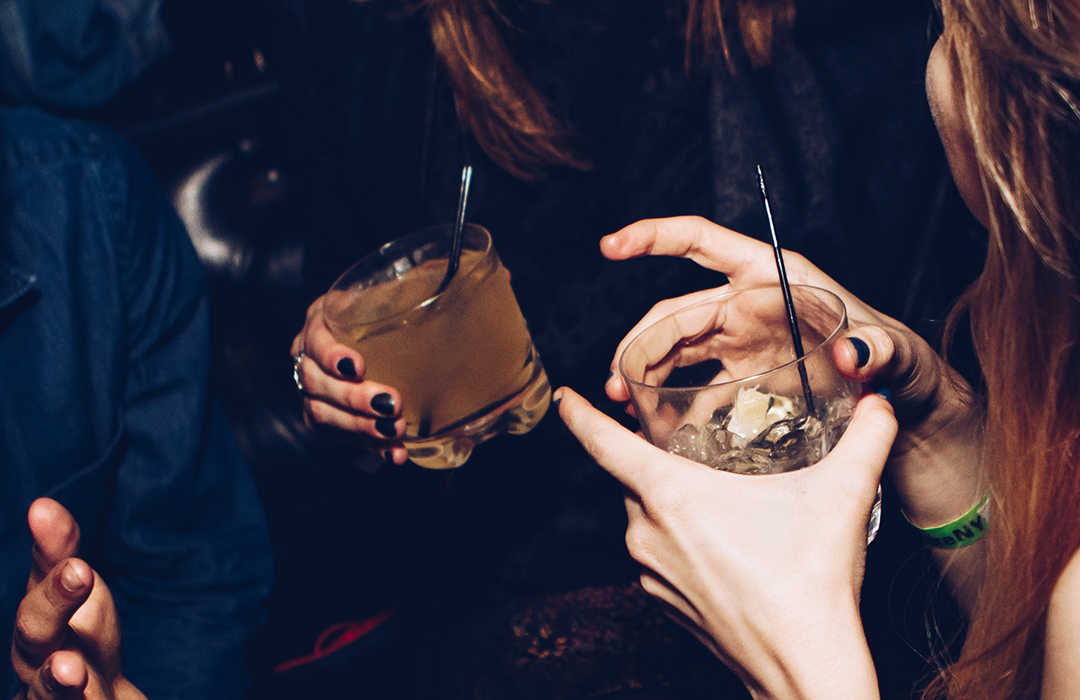
- New research suggests that binge drinking in our teenage years can increase our risk of developing anxiety in adulthood.
- Furthermore, even stopping this bad habit while still in adolescence can produce the same effect.
- The researchers wanted to further explore claims that alcohol exposure in adolescence negatively affects the brain and increases one’s susceptibility to psychological issues.
- To do so, they exposed adolescent rats to ethanal on and off for 14 days; meanwhile, another group of rats went unexposed to alcohol.
- Later, the researchers assessed all rats for anxiety and found that the rats exposed to the binge drinking design displayed anxious behavior in adulthood—even when the exposure ceased while the rats were still in adolescence.
- These findings suggest that drinking in adolescence could lead to the development of anxiety later in our lives.
Quick Summary
A new study “Adolescent alcohol exposure epigenetically suppresses amygdala arc enhancer RNA expression to confer adult anxiety susceptibility” from the University of Illinois at Chicago says that binge drinking in adolescence can lead to anxiety in adulthood. This still holds true for individuals who stop binge drinking while still in adolescence.
Goals
Past research has suggested, time and time again, that alcohol exposure at a young age has negative effects on the brain and can increase one’s risk of developing psychological problems later. These researchers wanted to build on these findings and ended up making a whole new discovery: that even when binge drinking is discontinued in adolescence, the heightened risk for anxiety remains.
Investigation
To reach these findings, researchers exposed adolescent rates to ethanol on and off for 14 days; they went two days on and then two days off. This design imitated binge drinking. There was also a control group, consisting of rats that were not exposed to alcohol. The researchers then assessed the rats for anxiety.
Results
Researchers found that the rats exhibited anxious behavior in adulthood, even when the binge drinking ceased in late adolescence. Additionally, the rats had lower levels of a protein (Arc) in the amygdala. This protein plays a significant role in the development of connections in the brain. These rats with lower levels of Arc also had 40% fewer connections in the amygdala than rats who were not exposed to the alcohol.
The research team says that the decrease in Arc is due to epigenetic changes caused by the adolescent consumption of alcohol. The molecular changes that occur are long-lasting, which explains why the rats that stopped alcohol consumption in adolescence still experienced the same psychological effects.
Conclusion
These findings suggest that drinking as a teen could lead to anxiety in adulthood. This is due to the changes in the amygdala noted above.
Limitations
- This is the first study to observe that even when binge drinking habits are discontinued, the harmful psychological effects remain. Therefore, there is a need for further research.
Sources
Kyzar, E. J., Zhang, H., & Pandey, S. C. (2019, March 11). Adolescent alcohol exposure epigenetically suppresses amygdala arc enhancer RNA expression to confer adult anxiety susceptibility. Biological Psychiatry. Retrieved from https://www.biologicalpsychiatryjournal.com/article/S0006-3223(19)30030-7/fulltext
University of Illinois at Chicago. (2019, March 11). Binge drinking in adolescence may increase risk for anxiety later in life. ScienceDaily. Retrieved December 10, 2019 from www.sciencedaily.com/releases/2019/03/190311125156.htm
Let’s keep in touch! Sign up to receive our newsletter:
Start a Relationship with An Exceptional Counselor
- Skilled and caring professional counselors
- Accepting all major and most insurances
- High-touch customer service & premium benefits
- Same- or next-day appointments
- Ultra-flexible 23.5hr cancellations













